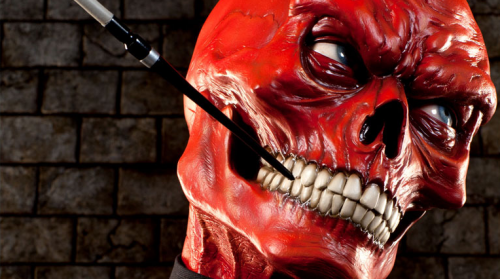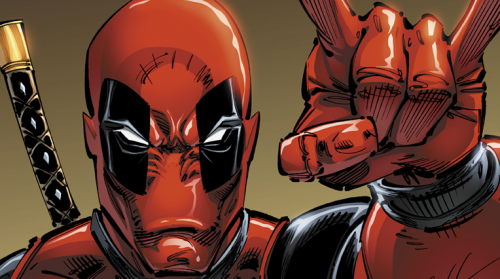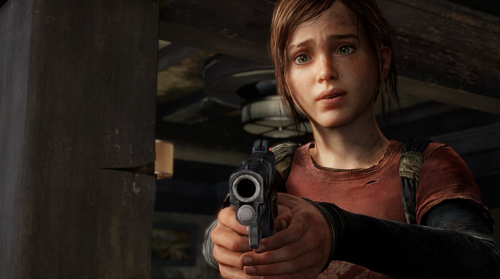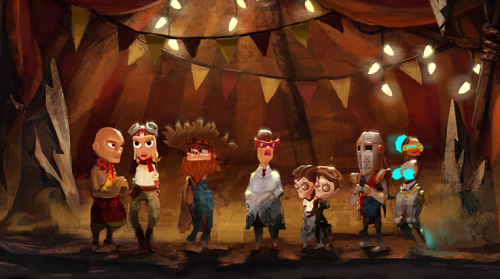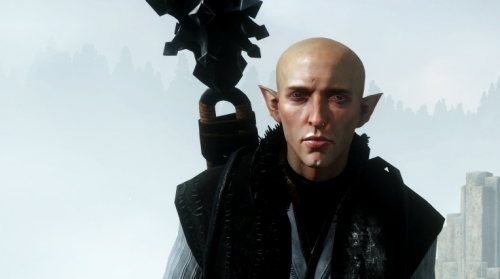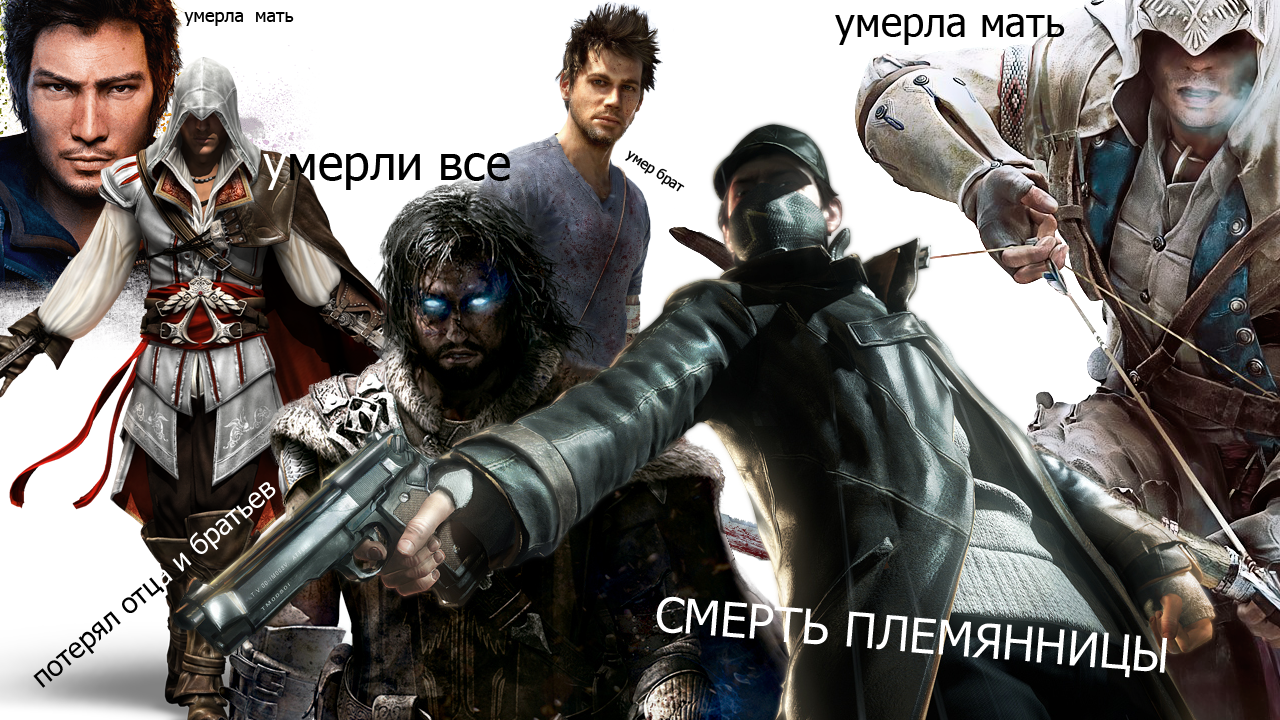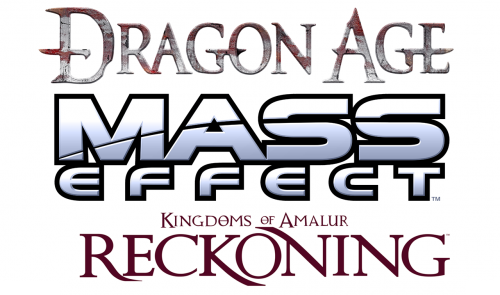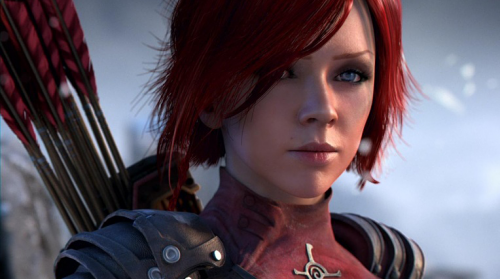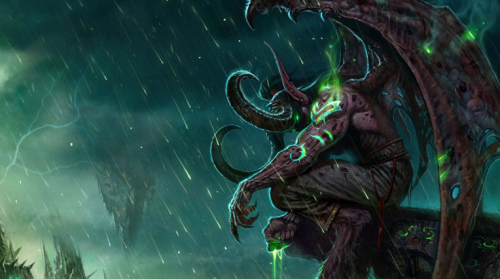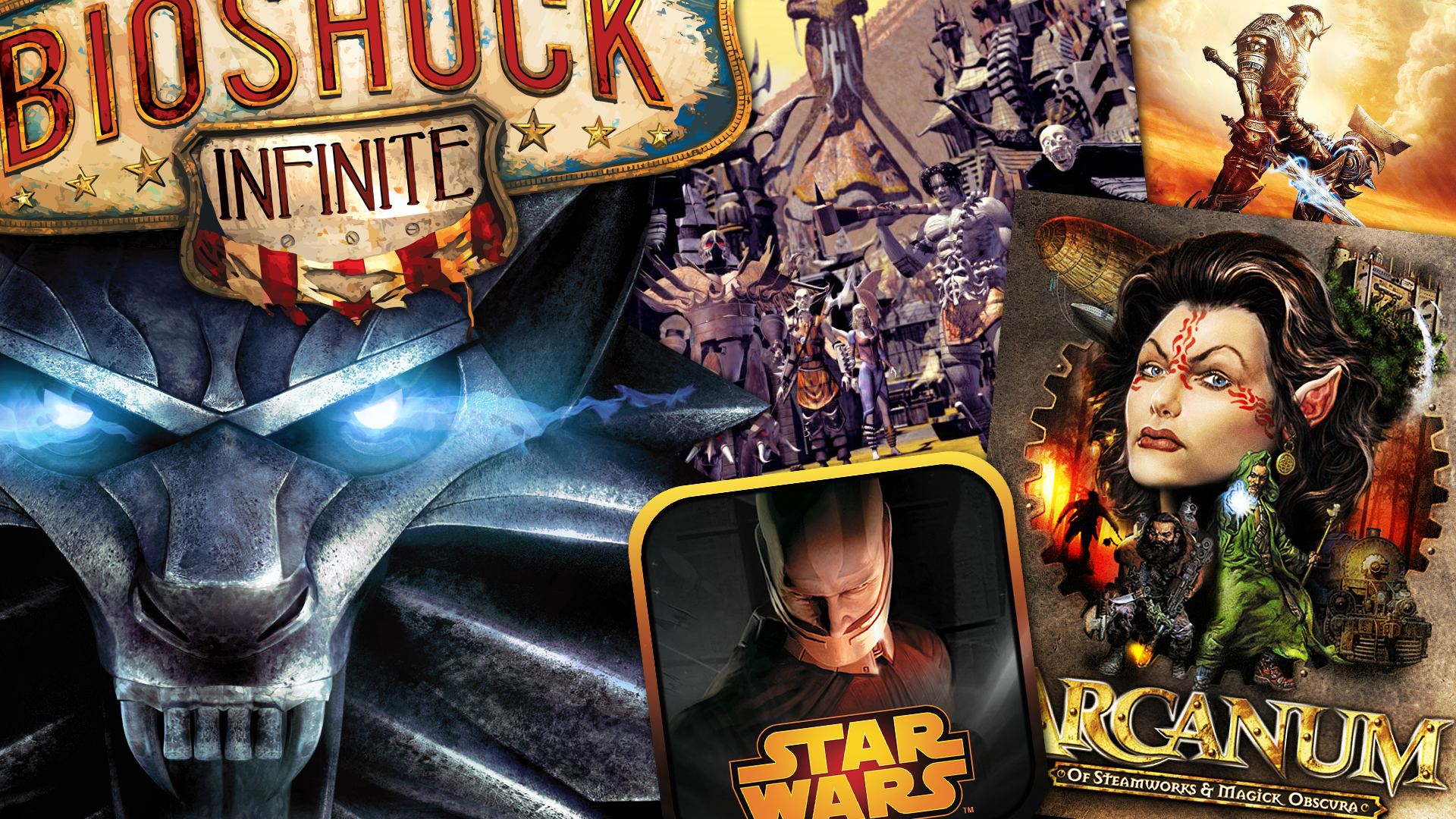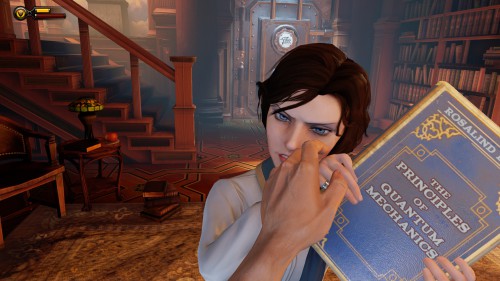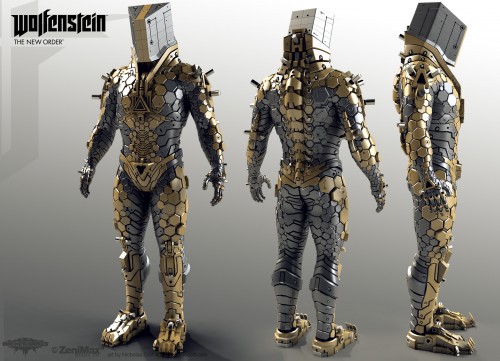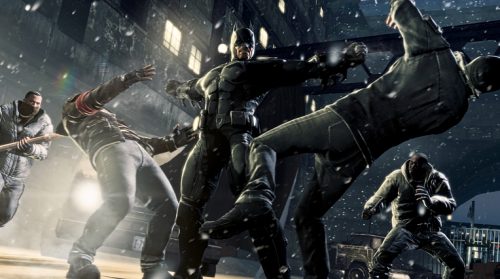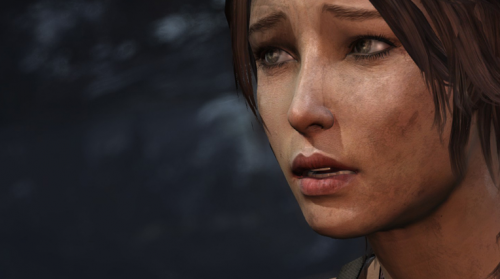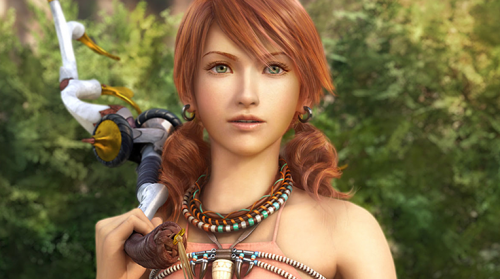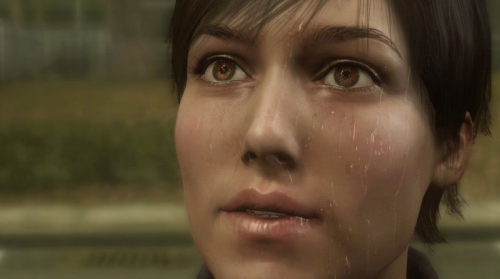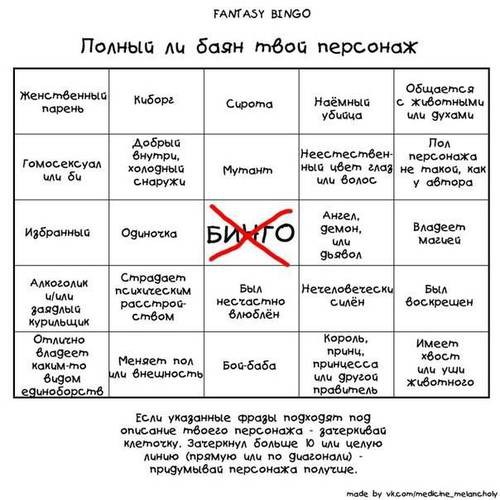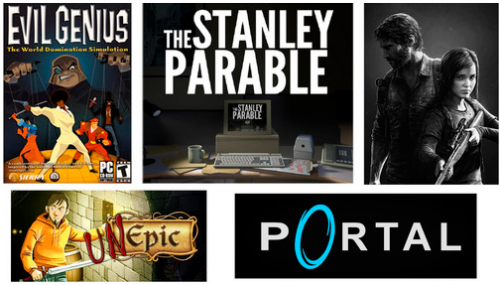Cliches and stereotypes
Narrative designer and screenwriter of Signus Labs studio Alina Brazdeikene spoke at Winter Nights 2015 about the types of cliches and ways to deal with them. We are publishing a printed version of the report.
WHY DO WE NEED CLICHES?
As a child, I loved computer games. The math was simple: The older I get, the more new games will come out.
But here’s the meanness, instead of unique games, more and more clones began to appear on the market, and the original games became terribly cliched.
I was tormented by a simple question: can’t developers strain their brains and come up with something new? It’s so simple.
When I entered the industry, it dawned on me that there is a reason for everything. After all, a cliche is very convenient:
- no risk
Someone has already passed this path, so we are not risking anything. Let’s learn from the mistakes of the pioneers and take them into account
- it paid off
Someone did this and made a profit – so we will get it!
- it’s easier this way
Why invent something new if there are already proven methods? Let’s make this guy a terrible hairstyle, the biggest sword and blood from his eyes, so that it’s immediately clear who THE EVIL is here.
CHARACTER CLICHES
From the position of ”let’s explain less,” the people responsible for the creativity in the game take something “understandable and familiar” to the player. For example, characters from this list:
- the chosen one
- superhero
- the mad scientist
- asthmatic children
- helpless princess
- a terrible villain
- nazis
- ….insert the desired from http://tvtropes.org /
Red Skull, Captain America’s main opponent
It’s clear that many people already have it in their livers, so the games that won this cliche stand out especially against the background of the average person. For example:
Deadpool – the character originally bantering with comic reality is made in spite of all the other superheroes. In his game, he even jokes about modellers who were too lazy to fully model the books on his shelf.
Deadpool
Ellie from Last of us – in spite of the asthmatic girl from Walking dead – shoots earlier than she thinks and swears like a drunken shoemaker at her 14. This, by the way, is not the merit of the screenwriter Drakman, but the voice actress. At some point, she just got sick of standing like a log in the most active moments.
Ellie
The narrator from Stanley Parable and The Cave characters (all as a selection of vile bastards)
Heroes of The Cave
PLOT CLICHES (my personal top)
- Deus ex machina
This is not only the name of the game, but also a far-fetched solution to problems (aka a piano in the bushes). Most often it’s just a “thing out of the ass”. For example, in Dragon age: Inquisition, after you are temporarily left without shelter, your friend Solas suddenly remembers that he has a no-man’s castle in the mountains. Completely by accident.
Solas, however, is here without a lock
- My parents are bread or the death of relatives
Just for statistics:
Dear experts, attention, the question is: how many of these games are made by Ubisoft?
The correct answer is 5/6. Well, you know what I mean.
- Rift or Evil came from the North
Well, because, where else? It is used because it is too lazy to explain how one state slept through many years of preparation for the war waged by their neighbors. Or that the enemies were inhumans – it’s easier to kill them.
- Resurrection
This method is inherent in franchise games. First, one team of screenwriters forces the player to shed a tear for the deceased character, and then the second team resurrects him to turn him into a cash cow. In DA:Origins, there is an opportunity to finish off Leliana, and since DA Keep can export your selections (saves) to the last part, you might think that this choice will be preserved. But no. Leliana survives anyway.
Leliana
Ada Wong from Resident Evil dies a terrible death and then returns to the game one part later without explanation.
Ada Wong
Illidan from Warcraft III was stabbed in the belly with a sword, and in World of Warcraft he jumps joyfully on the map again.
Illidan
- Amnesia
In real life, amnesia doesn’t work that way. There is, of course, partial memory loss. But it’s not like you forgot one little detail (for example, that you are a crazy maniac), which in the end should change the plot of the whole game.
Games with amnesia
- Wunderwafly
For the first time I heard this wonderful word from my fellow screenwriter, Zhenya Puzankov. To make it clear – this is a thing that solves all problems at once.
For example, I consider the eagles from “The Lord of the Rings” and “The Hobbit” to be the wunderwafl, who arrive at the most appropriate moment and decide everything. This is a scam, because the screenwriters just don’t want to sweat over a way out of a difficult situation.
In Bioshock Infinte, the Wunderwafl is quantum physics. Everything is explained to her: why is the city in the air? How did I get here from the lighthouse? why does this girl know how to open gaps in time? etc.
The authors subtly hint at the title of the book
In Wolfenstein, it’s a secret Hebrew artifact (just think!) a society that allows you to fight the Nazis (Nazis again! well, okay, this is Wulfenstein, he can).
- The chatty villain
In addition to the fact that these guys have faces such that it is impossible to make a mistake who is bad here, they will definitely share their nefarious plan with you (you can’t praise yourself …). And everything is being done so that a stupid player who missed the plot thread understands why he is here and why he is being killed. Batman Arkham Origins is generally a separate story. There 8 mercenaries gathered to kill Batman in one night. The operation was so top secret that every dog in Gotham knew what was going on and where to look for them.
- Zelda ‘s Axiom
If an amulet, a pipe or any other object is broken into 5 pieces, be sure that you will have to find all 5 during the game, even if one of them is “forever lost” and the other was eaten by a dragon. After all, according to legends that always come true, only 5 out of 5 will work. no other way.
STEREOTYPES
The brain uses stereotypes to speed up information processing – it just takes a shortcut.
Screenwriters often use them in practice so that the player does not get steamed up: Russians mean mafia, African Americans mean weapons and drugs, etc.
There are also genre stereotypes – these are imaginary stylistic requirements. For example, high-sounding language in Dragon Age and gopnik in GTA.
I won’t steal bread from Anita Sargsyan, but I can’t keep silent about the personal top of the most terrible female characters.
Lara Croft from Survivor is Born, Vanille from Final Fantasy XIII and a busty journalist from Heavy Rain are senseless and merciless in their squalor.
In fact, I am not at all against the image of women with beautiful breasts (in Dragon Age, there is not much to look at except for Morrigan) – at least I want to look up to them (sometimes).
And here is Lara, who whines and moans so much that she wants to break her head on the nearest stone.
Lara in Survivor is Born
Stupid and naive Vanilla is generally the most infuriating character ever.
Vanilla
Well, the journalist shines her chest the whole game, so that at the right moment she remembers that she knows the killer.
Journalist from Heavy Rain
GAMISMS or gameplay cliches
Every gamer has faced this:
- the enemy’s weapon is impossible to pick up (even though he has the coolest gun)
- too quiet or arena-like area
- insurmountable obstacles – with your mind you understand that you would have moved through a door with a broken glass, but no! The collider!
- hit from the 10th time
- sharpen 100 wild boars and other merciless quests with a counter
- steel heads, rubber bullets
WHAT TO DO: ANTI-CLICHE recipe
1. Start with yourself
Train yourself not to use shortcuts and always ask yourself how fresh your ideas are. In the age of postmodernism, where “everything was stolen before us”, it is very difficult. But a couple of cliches cut out is a reason for pride. You can compare yourself with this sign:
2. Allow the player to think
Recently I was writing a detective script and my references for the characters were rejected. They said that most of the suspects are too “normal”. And they should be bald dwarfs with horn-rimmed glasses and killer eyes. What for? To make it immediately clear to the player! So, do not simplify the player’s work.
3. Learn the genre
And all possible cliches by genre.
4. Do the opposite
At the output, you will get a list of player expectations that A, B, C expects from such cliches. Turn this list into something that will never happen in your game.
5. Remember about breaking the template
I reveled in the delight of how the BBC’s Sherlock screenwriters solved the problem of “how to show a conflict between two characters.” According to the cliche, one would have pinned the other to the wall, held him by the throat, and at the end told his nefarious plan. What really happened? Magnussen came to Sherlock and peed in his fireplace. Brilliant! Where else have you seen this? Excellent transmission of fear, defiance, rage and contempt at the same time.
6. Stop taking it seriously.
Remember all those games that have only benefited from the reuse of cliches and relax. But all you had to do was add a drop of sarcasm and self-irony.
The original material can be found here.

